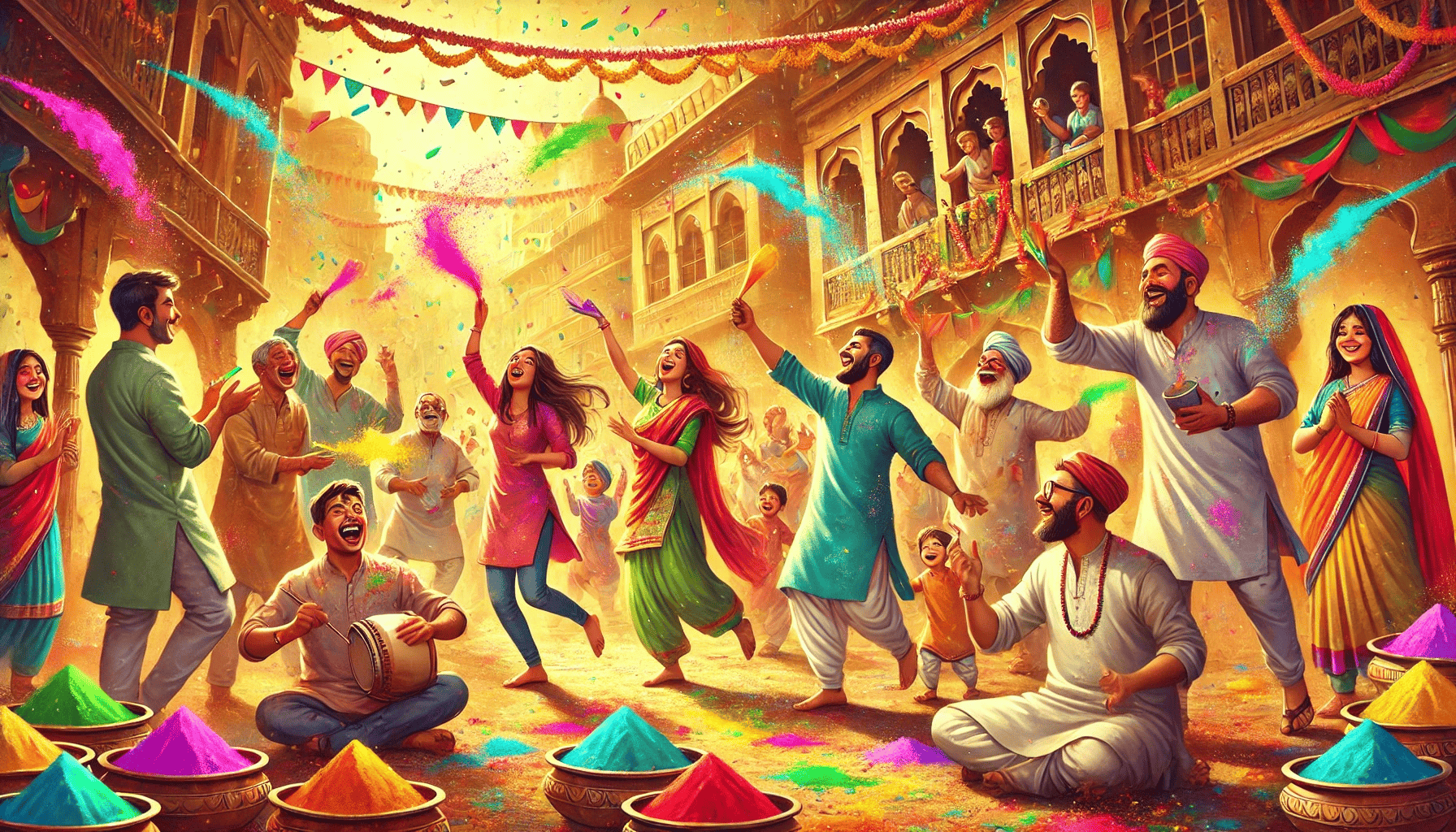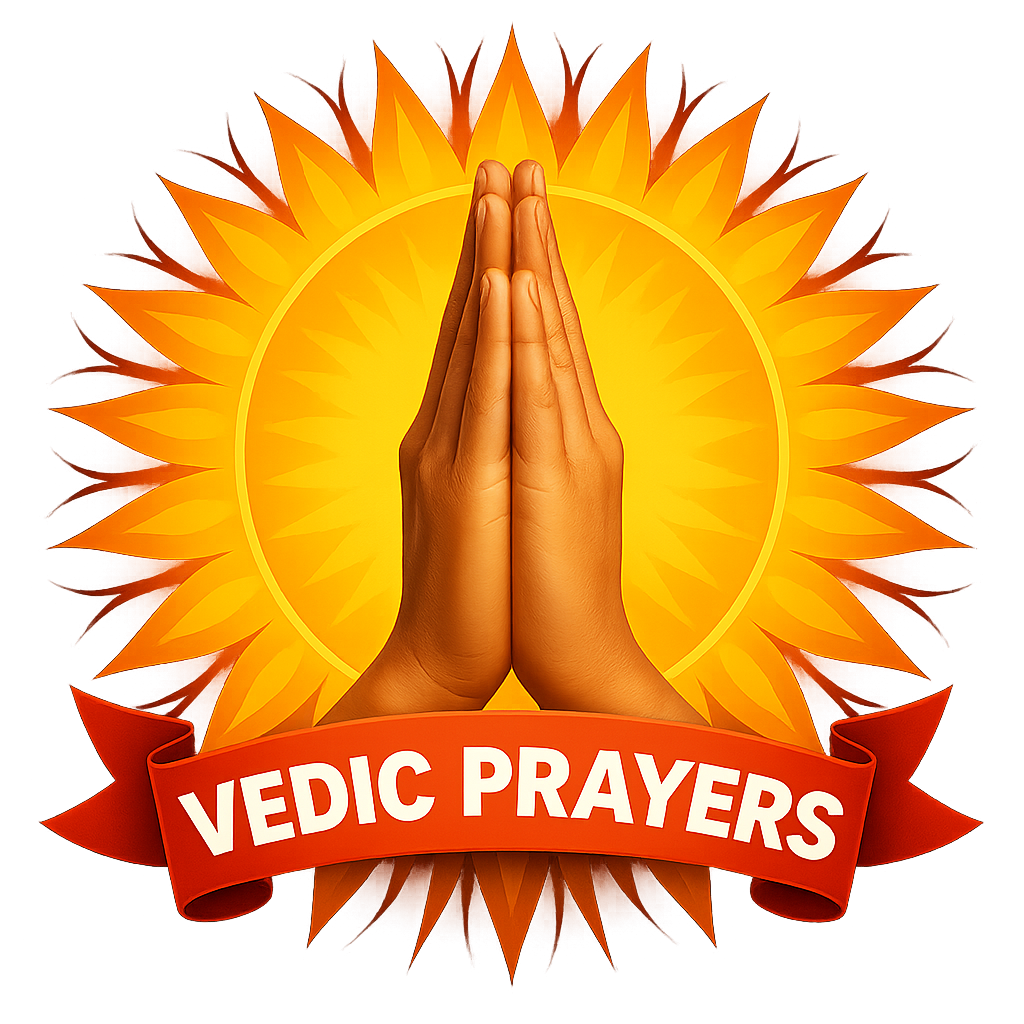
Holi is one of the major festivals of Hinduism and symbolizes the victory of good over evil. There are several religious and mythological beliefs associated with this festival.
The Legend of Prahlad and Holika
The most famous religious story behind Holi is that of devotee Prahlad and his aunt Holika. According to ancient legend, the demon king Hiranyakashipu declared himself a god and ordered everyone to worship him. However, his son Prahlad was a devoted follower of Lord Vishnu, which was unacceptable to Hiranyakashipu. As a result, he made several attempts to kill Prahlad.
Finally, he sought the help of his sister, Holika, who had a boon that she would not burn in fire. As part of the plan, Holika sat in the fire with Prahlad in her lap. However, by the grace of Lord Vishnu, Prahlad remained unharmed while Holika was burnt to ashes. In memory of this event, Holika Dahan is performed, symbolizing the triumph of good over evil.
When is Holi Celebrated?
Holi is celebrated every year on the full moon day of the Hindu month of Phalguna. In 2025, Holi will be celebrated on March 14. It is a two-day festival—on the first day, Holika Dahan (bonfire) is performed, and on the second day, people play with colors.
The Holi of Krishna and Radha
The Holi of Lord Krishna and Radha is also very famous. It is believed that Krishna, worried about his dark complexion, playfully applied colors to Radha and the Gopis. This tradition continues today in Mathura and Vrindavan, where Holi is celebrated with great enthusiasm.
Where is Holi Celebrated in India?
Holi is celebrated with great enthusiasm across India, but some places are especially known for their unique Holi celebrations:
1. Holi in Mathura-Vrindavan
The birthplace of Krishna, Mathura, and his playground, Vrindavan, celebrate Holi in a grand manner. Different types of Holi, such as Lathmar Holi, Phoolon ki Holi (Flower Holi), and Rangon ki Holi (Color Holi), are celebrated here on different days.
2. Lathmar Holi in Barsana
In Barsana, Lathmar Holi is celebrated, where women playfully hit men with sticks, and men try to shield themselves. This tradition is associated with Krishna and Radha’s divine love.
3. Basant Utsav in Shantiniketan
In Shantiniketan, West Bengal, Holi is celebrated as Basant Utsav, which was popularized by Rabindranath Tagore. Here, people welcome spring with cultural performances, music, dance, and colors.
4. Hola Mohalla in Punjab
In Punjab, Hola Mohalla is celebrated by the Sikh community. It is a grand festival at Anandpur Sahib, featuring martial arts displays, horse riding, and other competitions.
5. Royal Holi in Rajasthan
In Jaipur and Udaipur, the royal families celebrate Holi with grandeur, reviving traditional royal customs.
6. Holi in Bihar and Uttar Pradesh
In states like Bihar and Uttar Pradesh, Holi is celebrated with thandai (a milk-based drink with bhang), folk songs, and vibrant colors. In Varanasi, Holi begins with Rangbhari Ekadashi on the banks of the Ganges.
Traditional Foods of Holi
Holi is incomplete without delicious festive delicacies. Some of the most popular Holi special foods include:
- Gujiya – A sweet dumpling filled with khoya, dry fruits, and sugar.
- Malpua – A sweet pancake made from flour, milk, and sugar syrup.
- Dahi Bhalla – A popular snack made with lentil dumplings soaked in yogurt, garnished with chutneys.
- Bhang Thandai – A special drink made with milk, dry fruits, and cannabis (bhang).
- Papad and Spicy Snacks – Crisp snacks like mathri and namak pare are also enjoyed.
Which Gods Are Worshipped on Holi?
- Lord Vishnu – On the day of Holika Dahan, Lord Vishnu is worshipped as he protected Prahlad from his father’s tyranny.
- Lord Krishna – On the day of color play, devotees worship Lord Krishna and Radha.
- Kamadeva and Rati – In South India, Holi is associated with Kamadeva (the god of love) and his wife Rati.
Cultural and Social Importance of Holi
Holi is not just a festival of colors but also a celebration of unity, love, and happiness. It helps remove differences, bringing people together in a spirit of joy. Even enemies embrace each other on this day, strengthening bonds and spreading positivity.
Holi is one of India’s most significant festivals, celebrated in different ways across the country. It is not just about playing with colors but also about traditions, mythology, delicacies, and devotion. This festival teaches us to overcome differences, embrace love, and celebrate life with joy.
So this Holi, let go of past grudges and immerse yourself in the beautiful world of colors! Holi Hai!
















